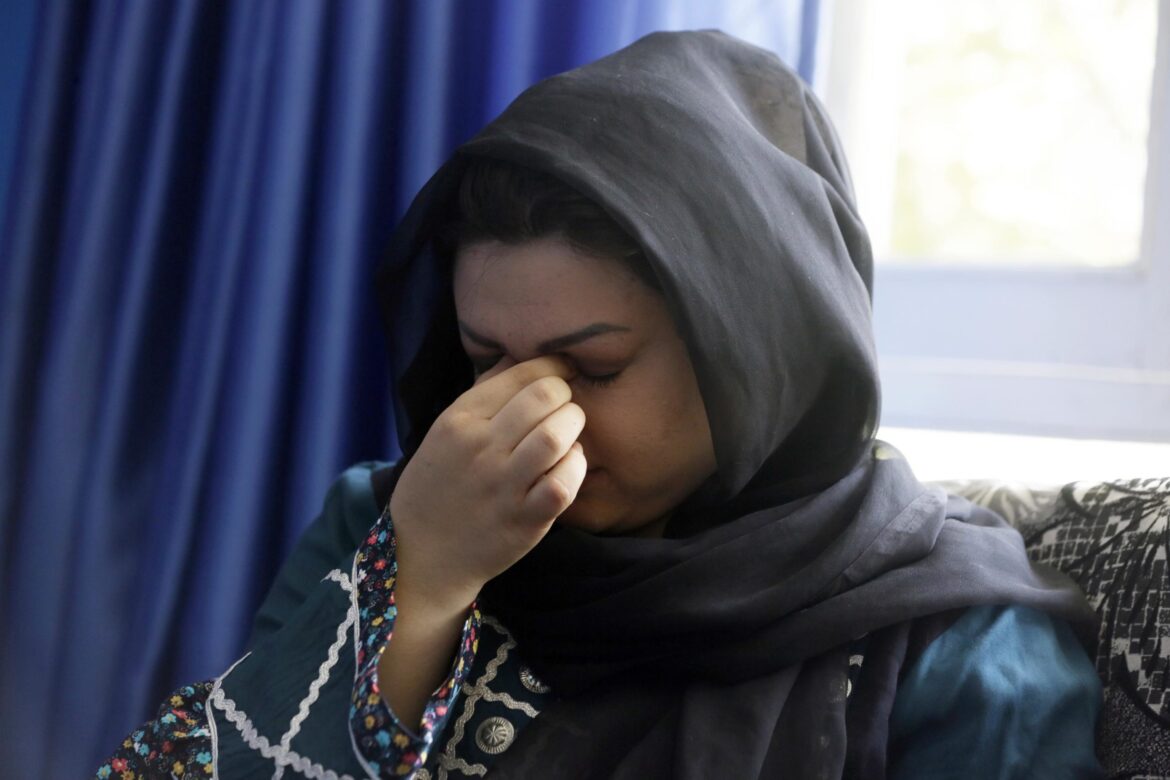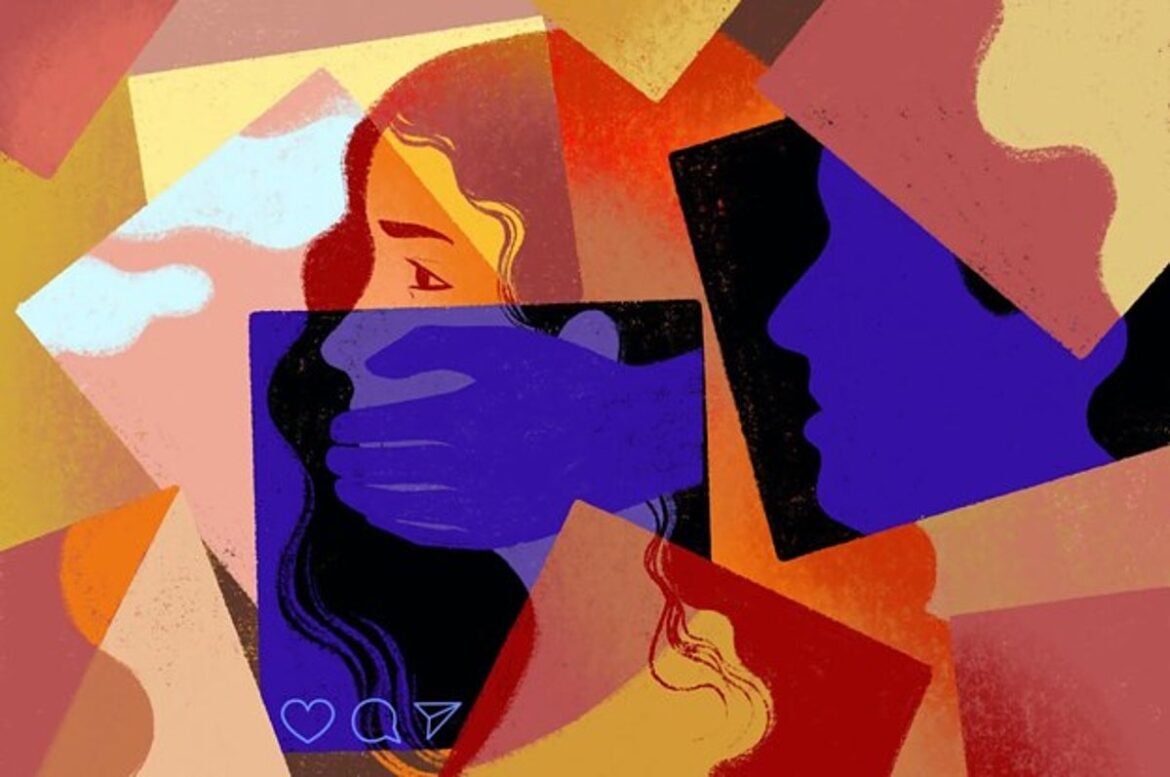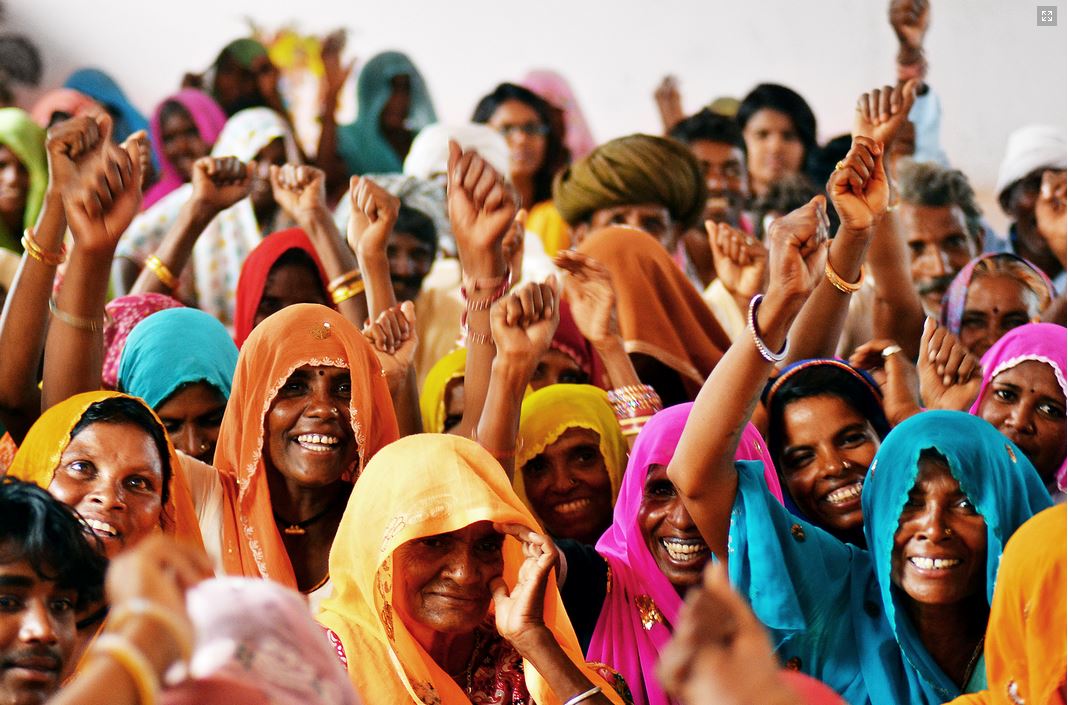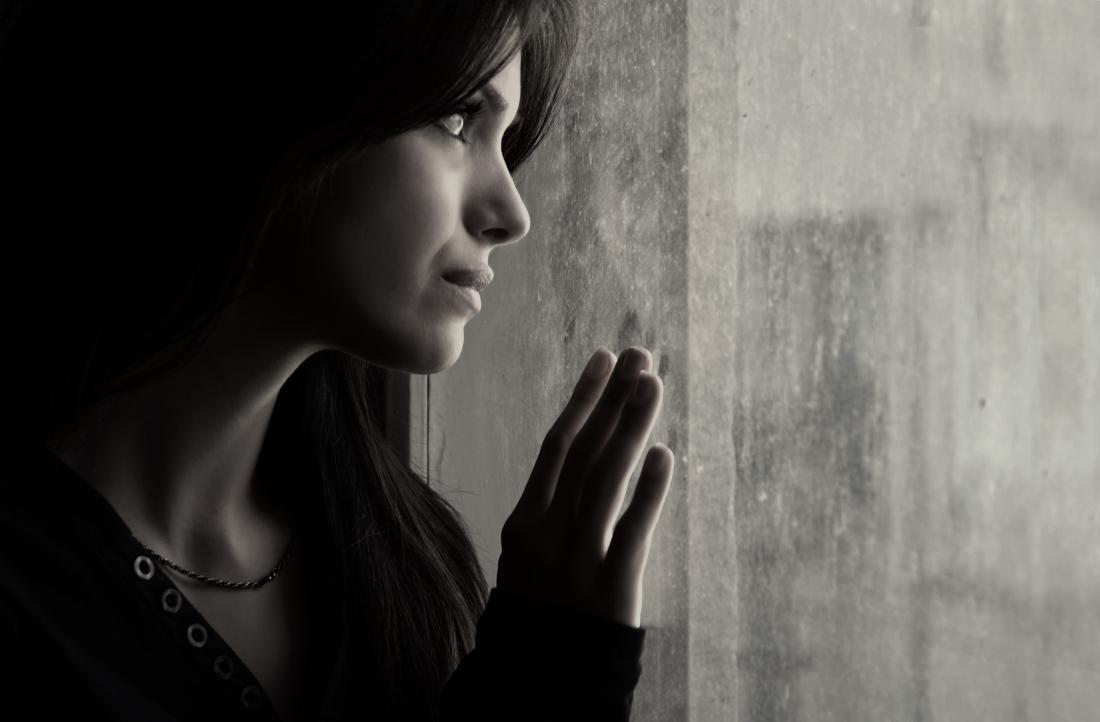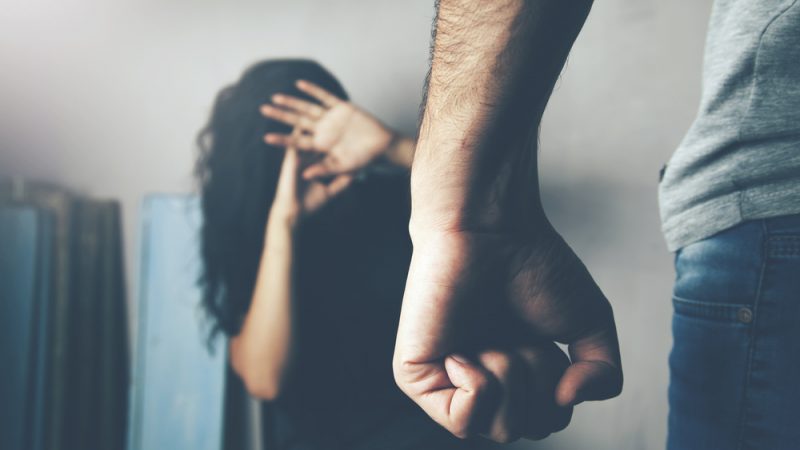By Pooja Bhattacharjee
Afghanistan, which was once a forward-thinking nation with so much potential, has now turned into a living nightmare. After the departure of the US forces from Afghanistan, the Taliban has taken control over most of Afghanistan in the last 1 week. Taliban’s rise to power in the nation means that the progress the nation had made in the last 20 years for democracy, girl’s education, women’s rights, and healthcare will be reversed. People will have to relive the harsh version of Islamic rule which persisted from 1996 to 2001. In the areas of the country where the Taliban have regained control, they have been executing people associated with government agencies, they have been lashing women, and shutting down schools. They have been blowing up hospitals and infrastructure. Many citizens are fleeing the nation, including the President of Afghanistan, Mr. Ashraf Ghani. Most of the countries including the US and UK have closed their embassy in Kabul and are evacuating their citizens.

Amid peace talks and negotiations with Taliban leaders and global outcry over the situation in Afghanistan, the most affected remain women & children. Previously, under the Taliban’s rule between 1996 and 2001, women could not work, girls were not allowed to attend school and women had to cover their faces and be accompanied by a male relative if they wanted to venture out of their homes. What is happening in Afghanistan is unimaginably terrible and this marks the destruction of everything Afghan citizens have tried to rebuild and work tirelessly for. Little girls who were brought up in an environment which nurtured their dreams of freedom and dignity are witnessing their future melting into the abyss in the Taliban regime.
While the United Nations Secretary-General Antonio Guterres urged the Taliban and all other parties to exercise the utmost restraint in order to protect lives and expressed particular concern about the future of women and girls in Afghanistan, the war crime on women is not likely to subside. Mehbooba Seraj, the Founder of Afghan Women’s Network has said, ‘What’s happening in Afghanistan today is going to put this country 200 years back.’
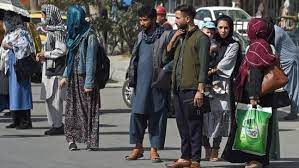
Afghan women working in journalism, healthcare & law enforcements have been killed in waves of attacks by the Taliban in the past few days. In the areas controlled by Taliban, women are being forced out of their jobs. Afghan women are now being told that they cannot leave their homes without a male escort (mahram), they cannot work, study or dress as they want. Although the Taliban officially state that they no longer oppose girl’s education, very few allow girls to attend school post puberty and many minor girls are being sexually enslaved in the pretext of ‘marriage’ to the Taliban militants. Taliban leaders who took control of the provinces of Badakhshan and Takhar issued an order to local religious leaders to provide them with a list of girls over the age of 15 and widows under the age of 45 for marriage with Taliban fighters.
While the whole of Afghanistan is experiencing this catastrophic tragedy, with every city collapsing, the hopes, dreams, and future of the country collapses. What started as a fight against terrorism has now become a fight against basic human rights and at this time of need, there is an urgent need for the world leaders and international bodies to intervene and assure a ceasefire between the parties involved. If quick measures aren’t taken, Afghanistan’s situation will worsen, and all the future generations will have to live in a regressive Taliban regime.


